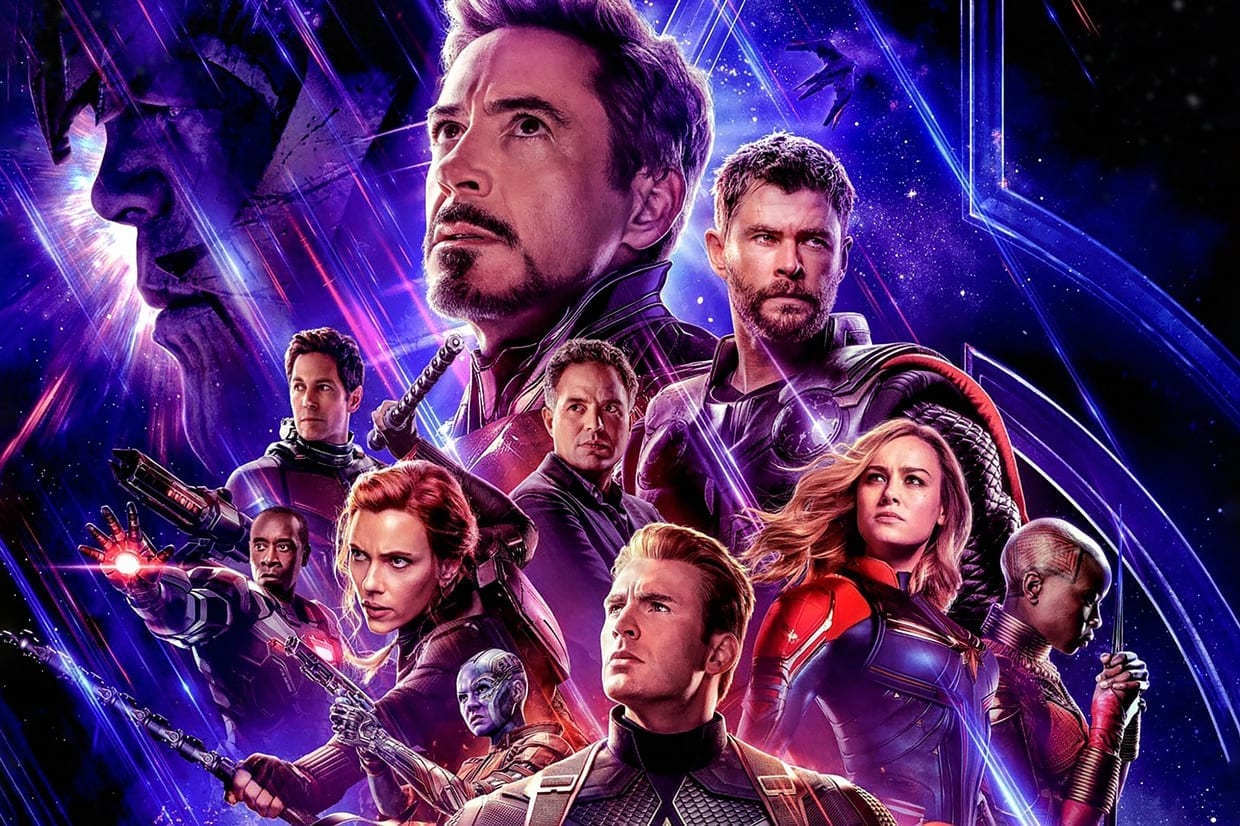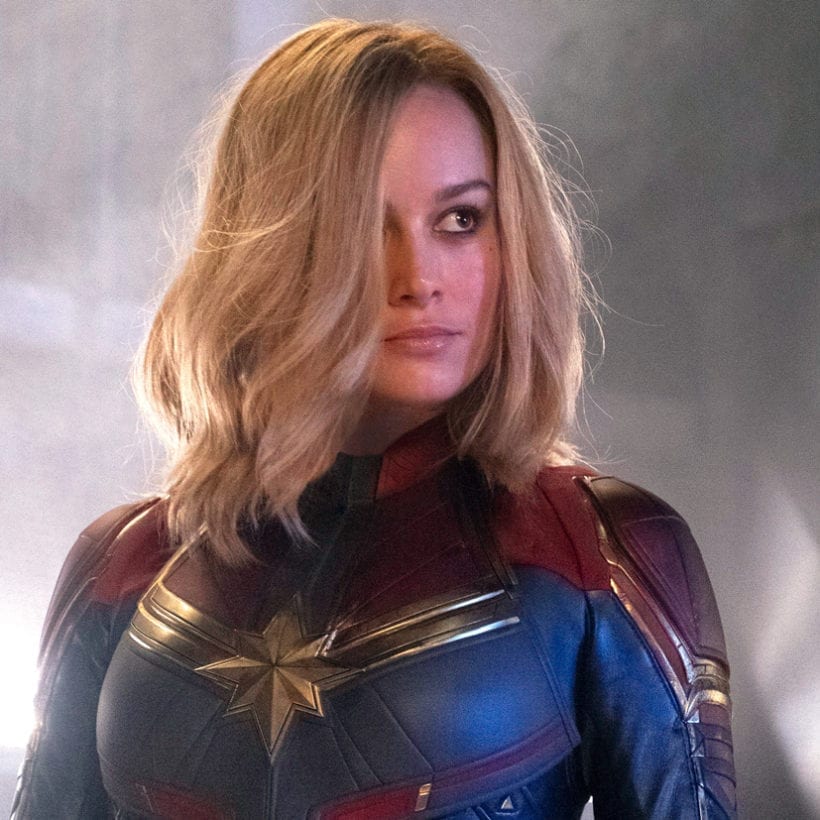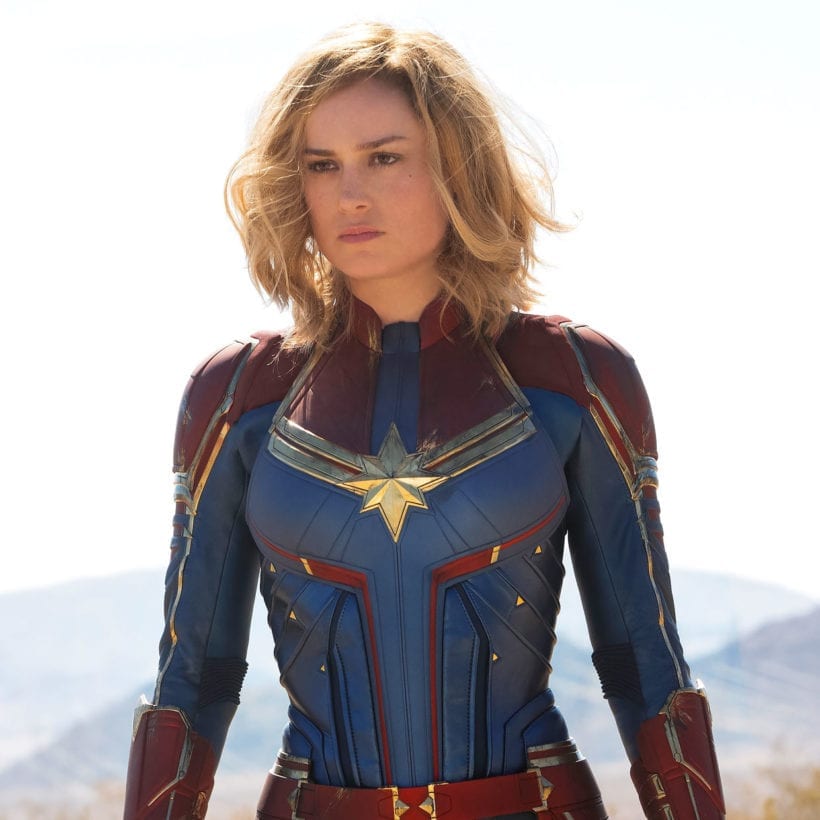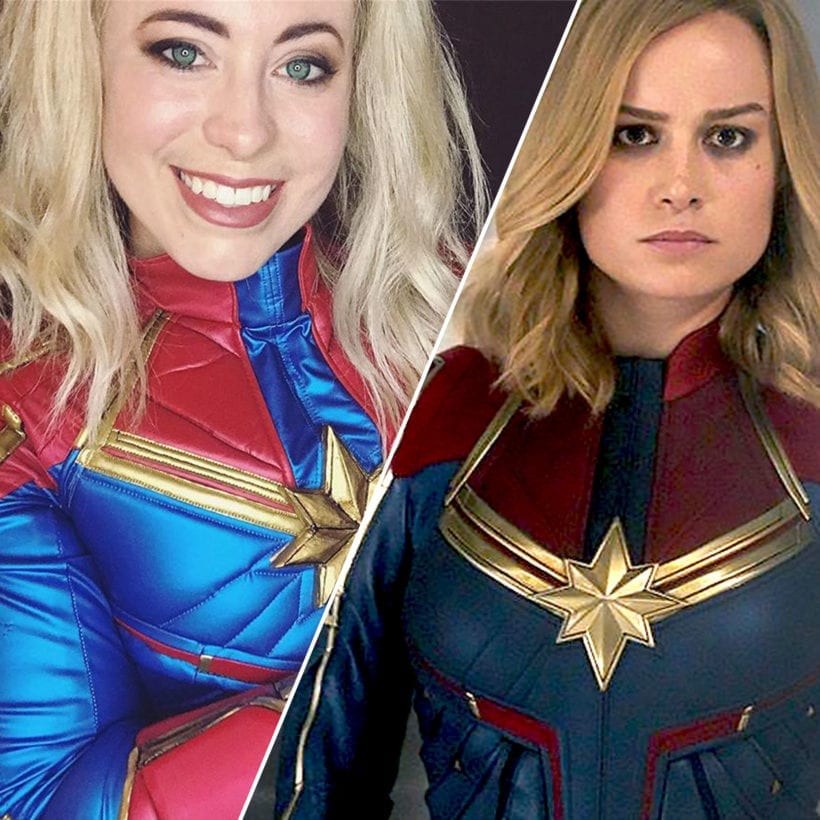The other day, I walked by a car sporting an Avengers sticker. The stylized “A” decal was scuffed and ragged around the edges, which felt appropriate. The first Avengers team-up film came out in 2012, and Iron Man laid the foundation of the Marvel Cinematic Universe (MCU) way back in 2008. It has only been a decade more or less but it feels like we met these folks half a lifetime ago.
And that’s a good thing. I actually can’t wait for the Avengers to hit middle age — even harder than a few of them already have.
Obviously, the characters in these films are not like you and me — unless you can fly or shoot lasers from your eyes (and if you can, congrats!). But as a group, the Avengers have only felt more relatable as they have gotten older and more scuffed up by time and events.
Whatever their ages, gifts or powers, many are now in that post-30s (or post-40s) age range, the era in which bodies and minds are often challenged — and damaged — in more fundamental ways. They are past the point at which fresh starts and deep connections are easy to find. The Avengers may have special armor, fantastic wealth or the ability to outrun and outfly most petty human concerns, but none of them are immune from pain, change and loss.
As it should be. Not every MCU film is a winner, but the best films and character arcs have entertained us as they asked sincere questions about change, grief and choices that create permanent damage.
https://www.instagram.com/p/BvRroDJHYhA/
I do not need a spoiler alert to say that, in the new film, the Avengers will bicker, punch hard, joke around and learn from each other. And some of them will exit the MCU, never to return. As you get older, you have to accept that kind of permanent damage, and you learn that some of the gaps in your armor may let the light in.
Some observers wonder if Captain America will die in “Avengers: Endgame.” Of course, I don’t want that to happen — Chris Evans’ versatile, empathic and grounded performance helped cement my love for many of the movies in this string of films. But if Cap hands the shield to a deserving younger hero and goes off to have a family or paint watercolors or whatever, I will be fine with that.
OK, I will not be fine with Steve exiting the MCU forever — I will miss him. A lot. But that is what grief is — appreciating what you had while wishing you still had it.
Even if the Thanos snap that destroyed half of all living beings is undone in some fashion in “Avengers: Endgame,” Thor still lost two people he was close to in the previous Avengers film, “Infinity War.” Those perfect biceps didn’t give Thor the ability to save Loki or Heimdall, two people with whom he shared a lot of history. Going forward, Thor has to live with the wrenching memories of their deaths and his feelings of responsibility — and all of that is prime fodder for character development. One of the best things about the generally pleasing “Infinity War” was Chris Hemsworth’s nimble, thoughtful performance. The actor brilliantly executed every comedic bit he was handed, but I still felt the weight of Thor’s losses and regrets.
What are we if not a collection of other people’s memories?
In “Infinity War,” Thor met Star-Lord, aka Peter Quill, one of the most entertaining and least mature characters in the Avengers lineup. His impulsive reaction to learning about the death of Gamora led to the aforementioned Thanos snap, which was a real workplace screwup for the ages. But that development — among others — gives the “Guardian of the Galaxy” films, which are fun if a bit too formulaic at times, somewhere to go.
Whether or not Gamora’s death is undone in “Endgame,” Peter is getting older and, despite his powers, is learning that life and the universe have limits. In the future, if Marvel screenwriters lean into the sadness that Quill, Rocket and Drax feel about the loved ones they have permanently lost, that could well give the gang’s goofy adventures an even more sound emotional foundation. (Yes, I care about the psychological welfare of a talking raccoon. No, I will not apologize for this.)
Raccoons aside, Captain America is the most poignant character in the MCU. There is an undeniable and lovely note of melancholy in the films about Steve Rogers, in part due to the films’ depiction of his relationships with Peggy Carter, a key wartime comrade, and Bucky Barnes, his best friend. Both lent him key emotional support at crucial moments — and then, for different reasons, both had most of their memories of their relationships with Steve washed away.
When your best friends do not necessarily remember you — or those memories are unreliable chimeras — do you lose your past? When someone you love changes or is changed by powerful forces, is some core of the person you loved still in there? If not, can you find a connection with the new person they have become? If you have ever known someone with brain damage or dementia — and I have — these questions become even more evocative and complicated. To paraphrase some recent observations from Bran and Samwell on “Game of Thrones,” what are we if not a collection of other people’s memories?
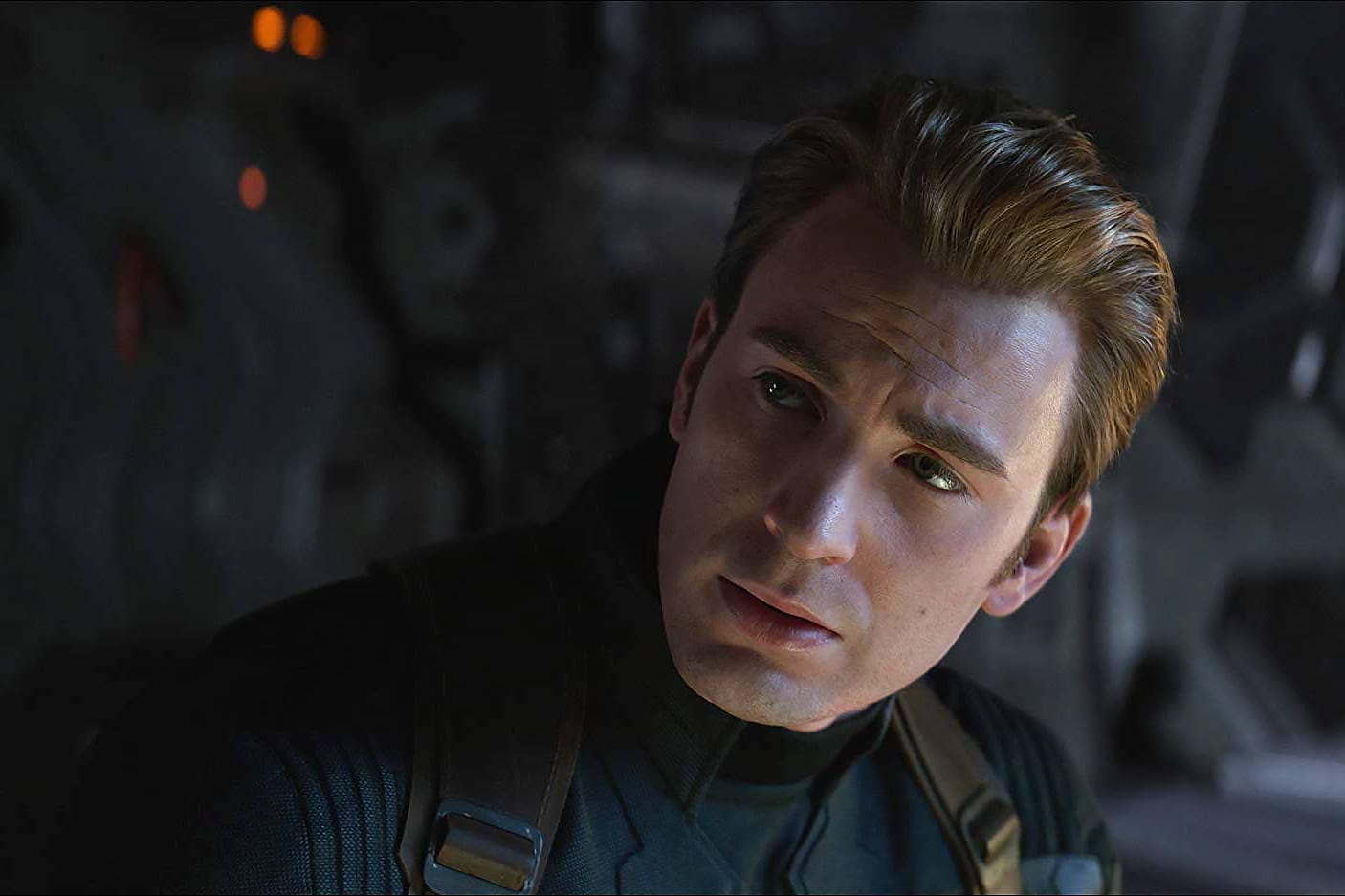
Both Captain Marvel and the Black Panther have had to grapple with arguably more radical — and permanent — changes in their core ideas about who they are. Carol Danvers, aka Captain Marvel, had her memories (and even her potential) buried by the clever and manipulative Kree. Even though she eventually broke through the Kree’s gaslighting and brainwashing, she is still likely to spend time and mental energy wrestling with who they told her she was versus who she wants to be in the future. One of the more difficult aspects of middle age is anger at lost chances and wasted potential, and I hope the Captain Marvel films continue to allow Carol to explore those kinds of messy, ambiguous emotions.
Blockbuster cinema tends to be pretty light on truly interesting villains, but Erik Killmonger arrived in Wakanda and challenged many of T’Challa’s assumptions about himself, his father and his nation’s connection to the world. Though he’s only been part of the MCU for short time, T’Challa’s already watched his father die — a devastating moment that can never be undone — and, thanks to Thanos, he appears to have also lost his sister, the brilliant Shuri. And that big “Infinity War” battle took place in Wakanda not long after T’Challa decided to reveal the existence of the secretive, prosperous nation to the world.
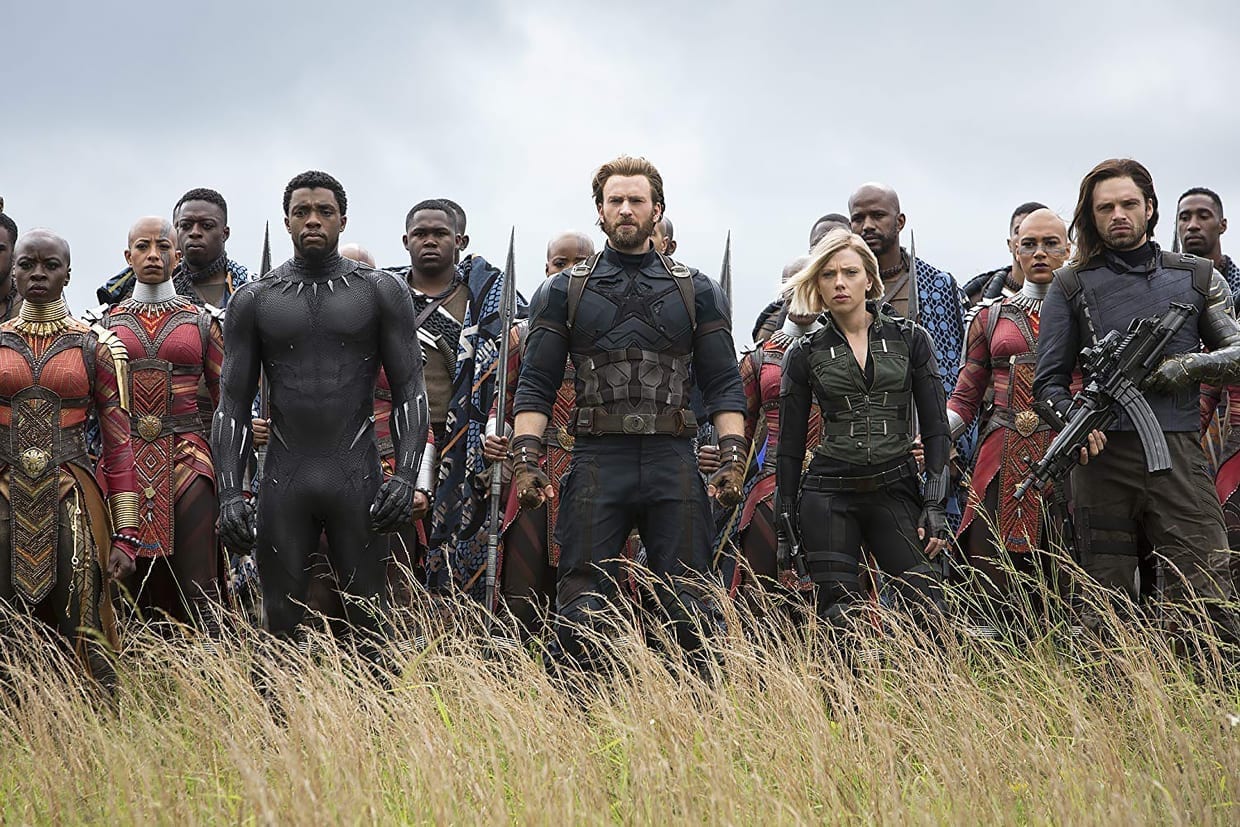
Black Panther may get Shuri back, but he can’t undo the complex processes he recently put into motion for his nation and himself. However difficult it was to step out of his father’s shadow, T’Challa’s got an even tougher job ahead as a man and as a leader — tasks that his super-suit will not make that much easier. That is middle age for you — an array of confusing challenges that, if you are lucky, bring pleasure and relief if you navigate them with wisdom, foresight and humility.
And that kind of growth — by discovering your own potential or through losses that fundamentally alter you — is the point. For the lives of these characters — or life in general — to have any kind of lasting weight, there have to be permanent farewells. I lost both my parents within a recent three-year span, and I wouldn’t wish that on anyone. But I now appreciate life a lot more than I did when I was in my heedless twenties or distracted thirties. And just because people leave, it does not mean their influence or presence is gone forever. No relationship that has any real impact is ever truly over — just as a movie or a scene can linger in your memory long after the credits are over.
So, bring on the next Avengers extravaganza. And if we cry as much as we laugh, all the better.
We only recommend products we have independently researched, tested, and loved. If you purchase a product found through our links, Sunday Edit may earn an affiliate commission.
